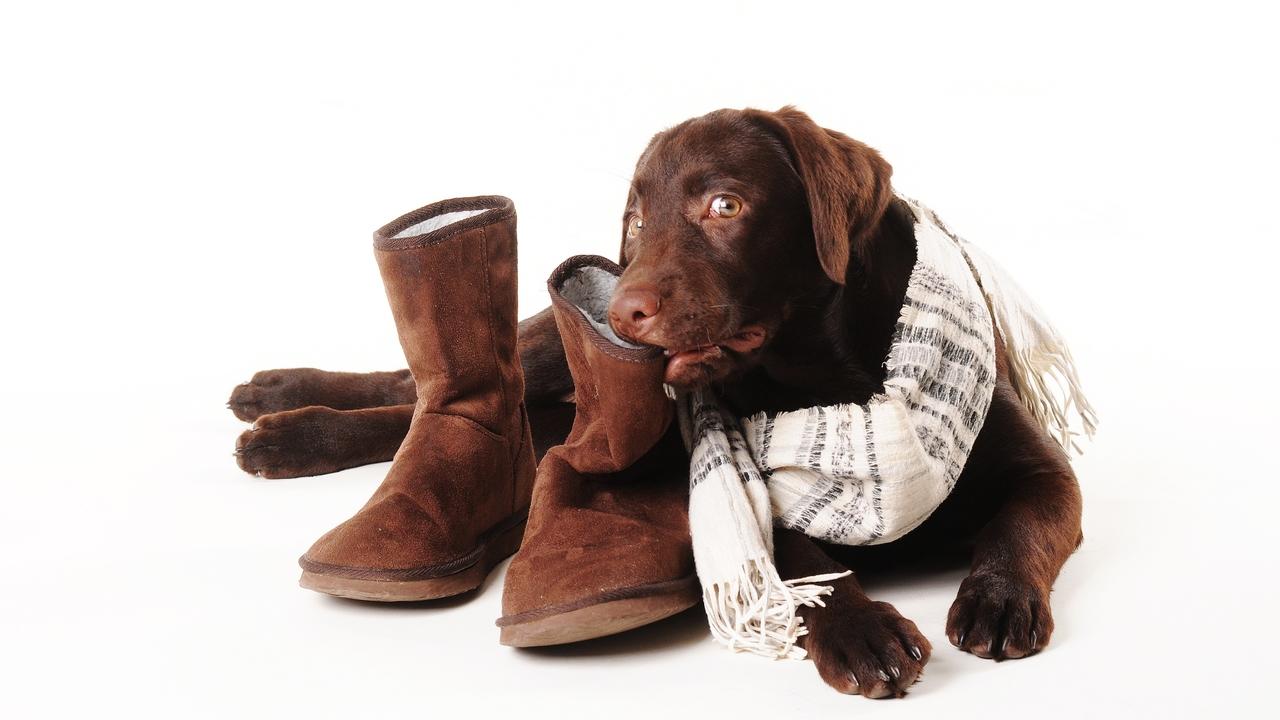
Sometimes it feels like an evil magic wand was waved over your puppy changing him or her from a loving well behaved little pup into a completely unruly dog! Welcome to the teenage stage!
Adolescence usually starts around 7 months of age and extends to about 18 months of age. This is when your dog’s brain moves into a new stage of development and hormone levels increase because they progressing into sexually maturity. During this time they’re becoming more independent and confident, as they look at the world in a whole new way. This is the time they start to evaluate (and test) their place in the world and how they fit in it, just like human teenagers do.
The first signs of the change are pretty quiet and can be easy to miss. They simply start to become more distracted and less focused on you. Then they want to venture out on their own more, they develop some very selective hearing abilities and they take longer to respond to your cues.
This is the time when you need to have a lot of patience! It’s also the time when your dog has the biggest need for training.
The need for physical exercise becomes more noticeable as their energy levels increase. Often behaviours that they previously learned to stop start up all over again, like jumping up on people, being mouthy when they play, and barking. They can become a little more pushy as they test the rules. What’s really happening is that they are trying to work out how they should behave within your family unit. Consistency and patience from all your family members is so important at this time!
You can see why good training practices are so important to surviving this teenage stage. When you know what to do it does become a little easier.
Check out our training classes!
While a lot of people recognize the need to exercise their adolescent dog more, they often don’t think about the necessity for mental exercise. Since they are still growing and developing in mind and body, it’s equally as important to get mental stimulation.
Not recognizing this need, and giving your dog even more exercise to get the sillies out, can actually lead to more behavioural problems.
Teaching your dog new tricks, trying nose work games (using scent), puzzle toys, agility training, interactive play and so on, are all great ways to activate your dog’s brain. This mental stimulation will help to alleviate the boredom that plagues teenagers of all species, causing them to act out for the sheer want of something to do.
Support for you, the human, is important during this time too. Pooch parents can feel overwhelmed and lost, having no idea what they need to do to get that well behaved dog back. We highly recommend socializing for you and your dog at one of our training centres. You’ll get great tips and pointers to use with your dog, and you’ll get to bond with other people going through exactly the same thing.
It’s nice to know you’re not alone while you survive the teenage years. 😉 Register for a membership today!




